How Partisanship Twists Accountability
Political Science Now
DECEMBER 9, 2024
In the APSA Public Scholarship Program, graduate students in political science produce summaries of new research in the American Political Science Review. In her recent APSR article, Tabitha Bonilla examines how partisan biases influence voter perceptions of accountability and promise-keeping. BONILLA, TABITHA.



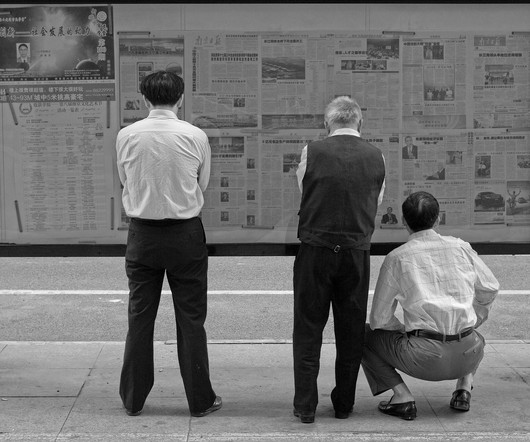

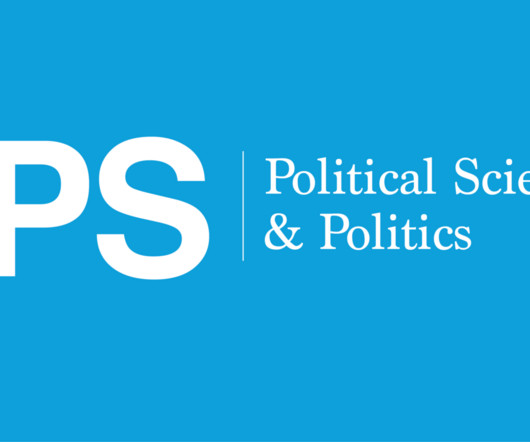
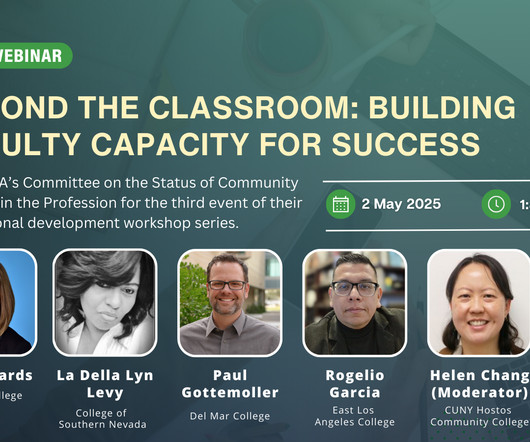

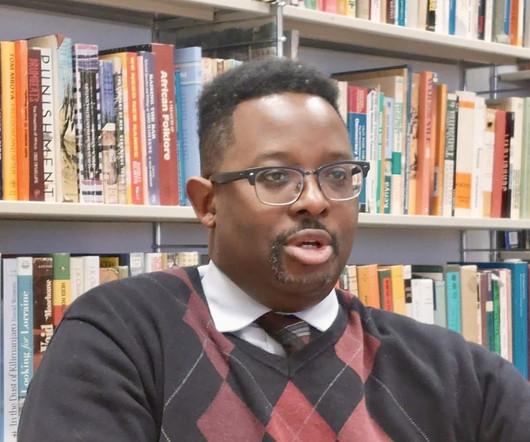

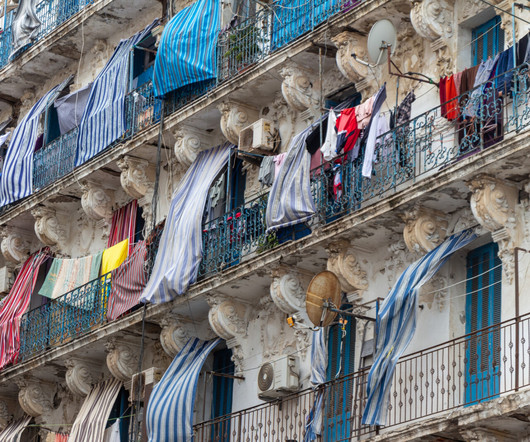








Let's personalize your content